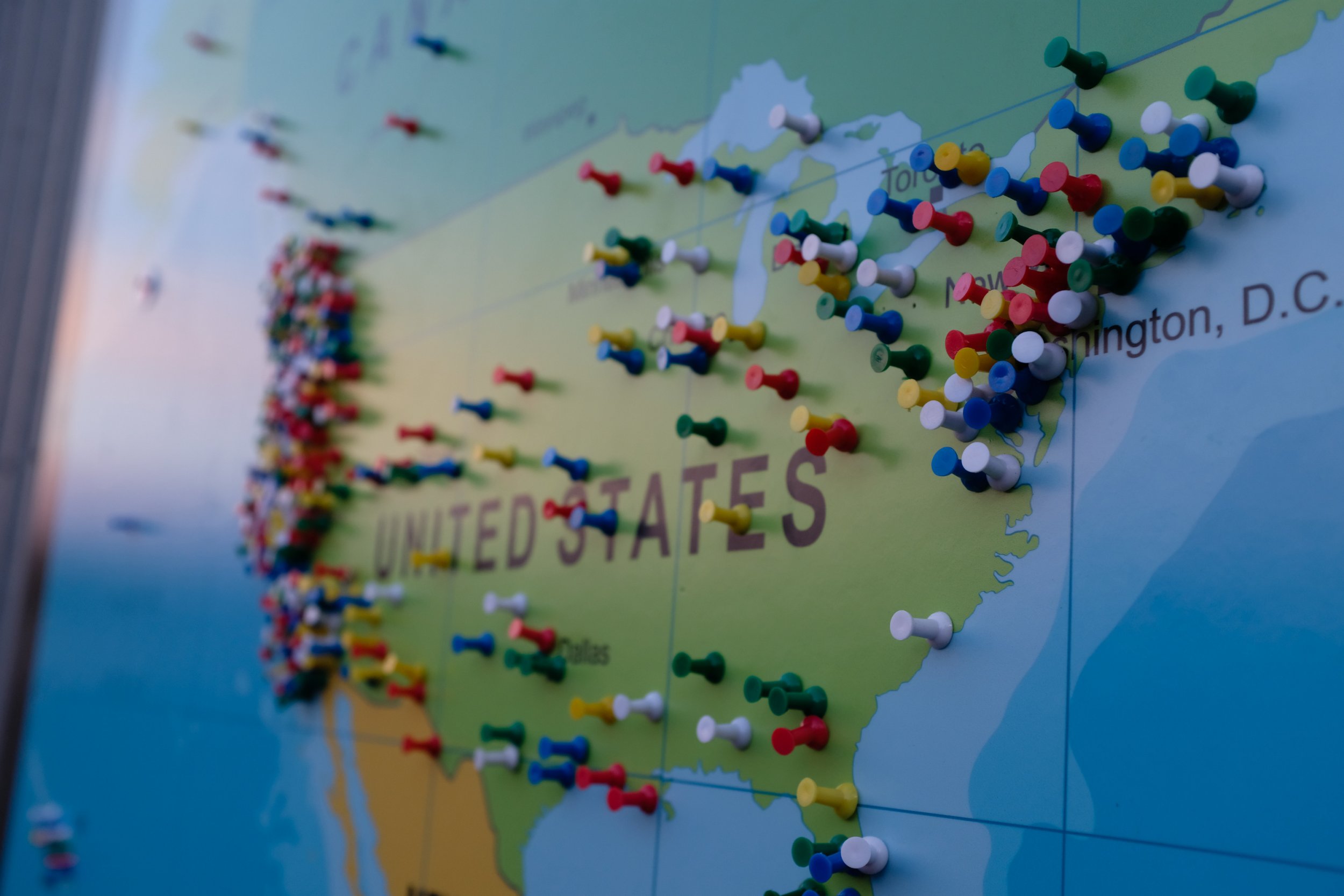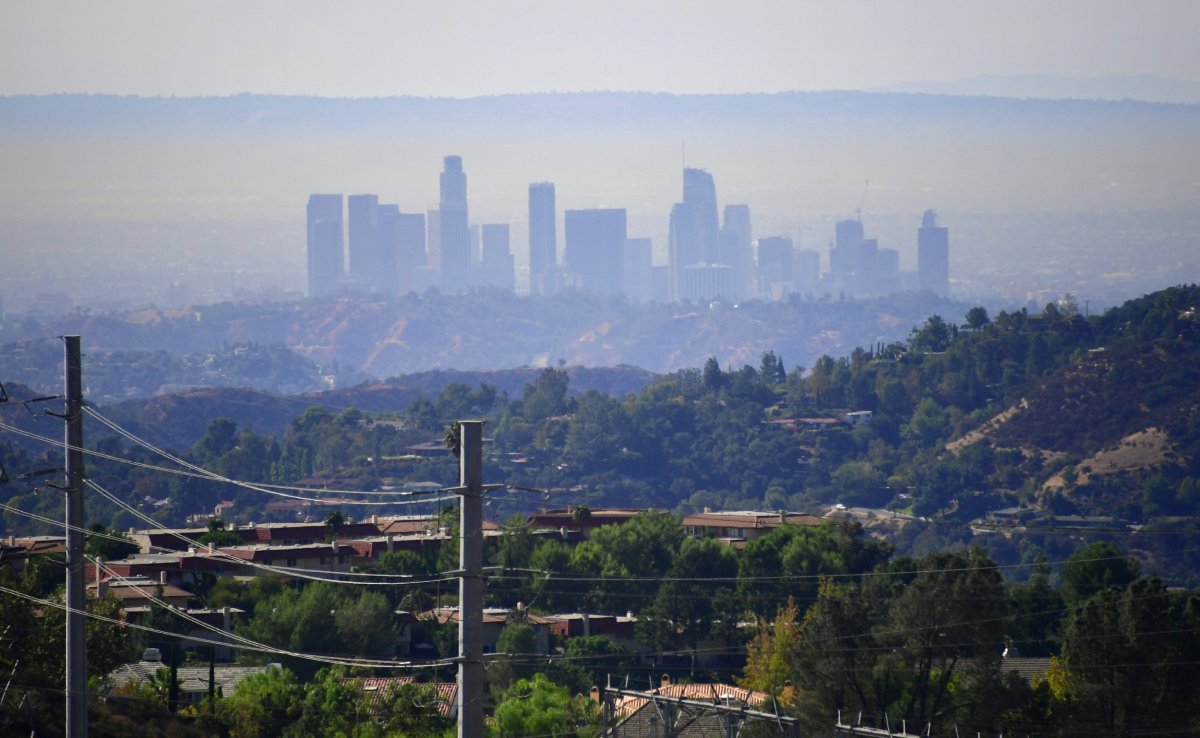
An analysis of state-level health care data done by health insurance company UnitedHealth's foundation shows one major and unsurprising trend: In general, people in the South tend to be less healthy while those in New England are doing just fine.
However, there are a few surprises in the specifics of the report, released Tuesday. To compile the report, the foundation pulled data from sources including government agencies like the Environmental Protection Agency (EPA) and the Centers for Disease Control and Prevention (CDC).
If you don't have a high school diploma, the "healthiest" state to live in is Alaska, according to the data. Stay away from California. Education has a pretty clear impact on a person's health—adults who have more education are generally healthier and have better access to health care. (Being healthy is also linked with higher incomes.) Comparing the proportion of people who report being healthy based on who has a high school diploma and who does not can indicate how big those education-related health differences might be on a population level.
California did the worst on this particular measure; a 37 percentage point difference existed in the proportion of healthy people in the two education-based groups. However, in Alaska, there was only an 8 percentage point difference—which represents a huge improvement for the state. Last year, there was nearly a 25 percentage point difference.
California is also not the place to live if you care about air quality. There were about 11.7 micrograms of a particularly small type of air pollution per cubic meter of air. That's not great for people's health; a person's heart and lungs can be damaged by air pollution. Pollution can also make conditions like asthma worse. According to the report, pollution can be linked to about 200,000 premature deaths each year. Wyoming's skies, on the other hand, are clearest.

When it comes to vaccinating teenage boys against human papillomavirus (HPV), however, Wyoming needs to step it up. Less than one in five are up to date on their HPV shots, which protect against the virus that causes cervical cancer in women. Rhode Island, on the other hand, has done a remarkable job. Nearly three quarters of boys between the ages of 13 and 17 have been vaccinated.
The CDC recommends the vaccine for all young adults. Children as young as 11 or 12 can get the vaccine, which requires multiple doses to be effective. Women are encouraged to get vaccinated before they turn 26, while most men should get their HPV shots done before they turn 21.
Perhaps shoveling snow is doing something for the heart health of Minnesotans; theirs are the healthiest in the country, based on death rate data. Mississippi, however, can't say the same. Considering that heart disease is the top cause of death in the United States, perhaps it's not surprising that Mississippi is also the state with the highest rates of premature death, defined as the number of years lost before a person hits age 75. Minnesota has the lowest.
If you want to see how your state stacks up, the report is available online.
Uncommon Knowledge
Newsweek is committed to challenging conventional wisdom and finding connections in the search for common ground.
Newsweek is committed to challenging conventional wisdom and finding connections in the search for common ground.
About the writer
Kate Sheridan is a science writer. She's previously written for STAT, Hakai Magazine, the Montreal Gazette, and other digital and ... Read more
To read how Newsweek uses AI as a newsroom tool, Click here.








